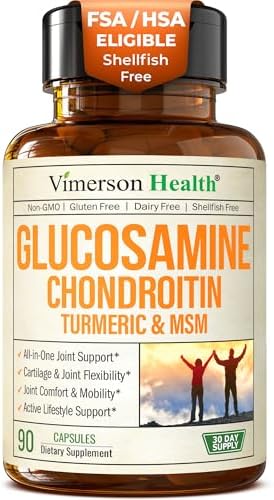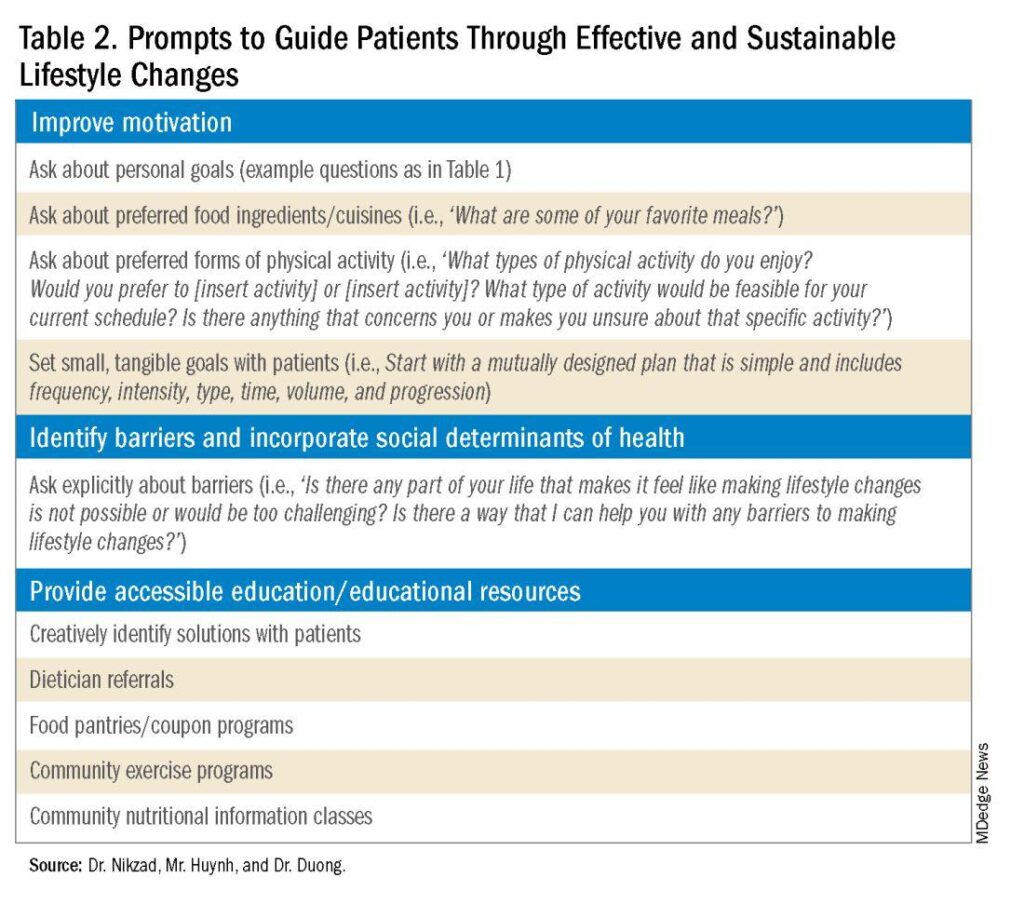In the journey toward optimal health, understanding the role of lifestyle choices in cancer prevention is crucial. With one in three people diagnosed with cancer at some point in their lives, adopting proactive measures can considerably diminish this risk. While genetics do play a part, a wealth of research indicates that lifestyle factors—such as diet, physical activity, and stress management—are pivotal in shaping our overall well-being. This article will explore practical and effective lifestyle changes that you can implement today to take charge of your health and reduce your cancer risk. By making informed choices, not only can you enhance your quality of life, but you can also empower yourself with the knowledge to combat this pervasive disease. let’s delve into actionable strategies that you can integrate into your daily routine, bringing you one step closer to a healthier, cancer-free life.
Table of Contents
- understanding the Role of Nutrition in Cancer Prevention
- Incorporating Physical Activity into Your Daily Routine
- Building a Supportive Environment for Lasting Change
- The Importance of Regular Health Screenings and Check-Ups
- To Conclude
Understanding the Role of Nutrition in Cancer Prevention
Nutrition plays a pivotal role in our overall health and can significantly influence cancer risk. A balanced diet abundant in fruits, vegetables, and whole grains provides essential vitamins and minerals that bolster the immune system and protect cellular integrity. Conversely, high consumption of processed foods, red meats, and sugar can lead to inflammation and an increased risk of developing various cancers. Key nutrients, such as antioxidants found in colorful fruits and vegetables, help combat oxidative stress, potentially lowering the risk of cancer-related damage to cells.
Incorporating certain dietary changes can enhance cancer prevention efforts. Here are some effective strategies:
- Increase fiber intake: Foods like legumes, nuts, and whole grains promote digestive health and may lower the risk of colorectal cancer.
- Choose healthy fats: Opt for sources rich in omega-3 fatty acids,such as fish,nuts,and seeds,while limiting saturated fats found in animal products.
- Limit alcohol consumption: Reducing alcohol intake can decrease the risk of several types of cancer, making moderation essential.
- Focus on plant-based options: A diet rich in plant-based foods not only supports weight management but may also be protective against cancer development.
Incorporating Physical Activity into Your Daily Routine
is essential for maintaining a healthy lifestyle and lowering your cancer risk. You don’t need to commit hours at the gym—small changes can make a meaningful difference. Consider these strategies to seamlessly weave movement into your day:
- Take the stairs: Opt for stairs instead of elevators to engage your leg muscles and elevate your heart rate.
- walk or cycle to work: If feasible, choose a bike or your own two feet over a car to increase daily activity.
- Scheduled breaks: Set a timer to remind yourself to stand,stretch,or take a brief walk every hour,boosting circulation and energy levels.
- Active socializing: Instead of meeting friends for coffee, suggest a hike, a dance class, or a group sports activity that keeps you moving.
also, don’t underestimate the power of household chores! Engaging in activities like vacuuming, gardening, or washing your car can turn into a fun workout. Consider integrating some of the following movements into your routine:
- Dance while cleaning: Put on your favorite music and let loose as you tidy your space.
- Strength training with groceries: Use your shopping bags as makeshift weights to enhance muscle tone.
- Play with pets: Active playtime with your furry friends not only strengthens your bond but also keeps you on your toes.
Building a Supportive Environment for Lasting Change
Creating a nurturing atmosphere is essential for facilitating durable lifestyle changes that can significantly lower your cancer risk. To promote healthy choices, consider establishing a community support system. Surround yourself with individuals who share similar goals, whether through friends, family, or local groups. Collaborate on activities that encourage healthy habits, such as preparing nutritious meals together or participating in exercise classes. Moreover, setting up a dedicated space in your home, free from distractions, can further reinforce positive behaviors—designate an area for relaxation, meal planning, or physical activity.
Moreover,it’s vital to stay informed and engaged with resources that can help guide your transformation. Educational workshops or online programs focusing on nutrition, physical well-being, and stress management can empower you with the knowledge needed to make informed choices. Additionally, keep an eye on your progress by maintaining a journal or app that tracks your dietary habits, exercise routines, and emotional health. Celebrate milestones, no matter how small, to reinforce your commitment.By fostering a positive mindset and surrounding yourself with encouragement, you’ll pave the way for long-term lifestyle improvements that contribute to your overall health and well-being.
The Importance of Regular Health Screenings and Check-Ups
Regular health screenings and check-ups are crucial components in the early detection and prevention of cancer. These proactive measures allow healthcare professionals to identify potential issues before they develop into serious health concerns. During these appointments,experts often assess risk factors and recommend individualized strategies to further decrease the likelihood of cancer. Common screenings include:
- Mammograms for breast cancer detection
- Pap smears for cervical cancer screening
- Colonoscopies to identify colorectal cancer risks
- Skin examinations for early signs of skin cancer
In addition to early detection, regular check-ups foster a supportive environment for discussing lifestyle modifications that can significantly lower cancer risk.Healthcare providers can tailor recommendations based on a patient’s specific health history and lifestyle choices.Key lifestyle changes frequently enough suggested include:
- Maintaining a balanced diet rich in fruits and vegetables
- Engaging in regular physical activity to achieve and maintain a healthy weight
- Avoiding tobacco products and excessive alcohol consumption
- Protecting skin from harmful UV radiation
To Conclude
making intentional lifestyle changes can be one of the most empowering steps you take toward reducing your cancer risk. From incorporating a nutrient-rich diet and regular exercise to managing stress and avoiding harmful substances, each choice you make has the potential to protect your health and overall well-being. Remember, it’s not about perfection but rather progress—small, consistent changes can lead to significant results over time.
We encourage you to take these steps one day at a time, consult with healthcare professionals for personalized advice, and become an advocate for your own health. Knowledge is power, and by taking control of your lifestyle choices, you can build a resilient foundation that not only reduces your cancer risk but also enhances your quality of life.
We hope this article inspires you to embark on your journey toward a healthier, more vibrant life. Share your experiences, tips, and questions in the comments below—let’s support each other in making these impactful changes!







